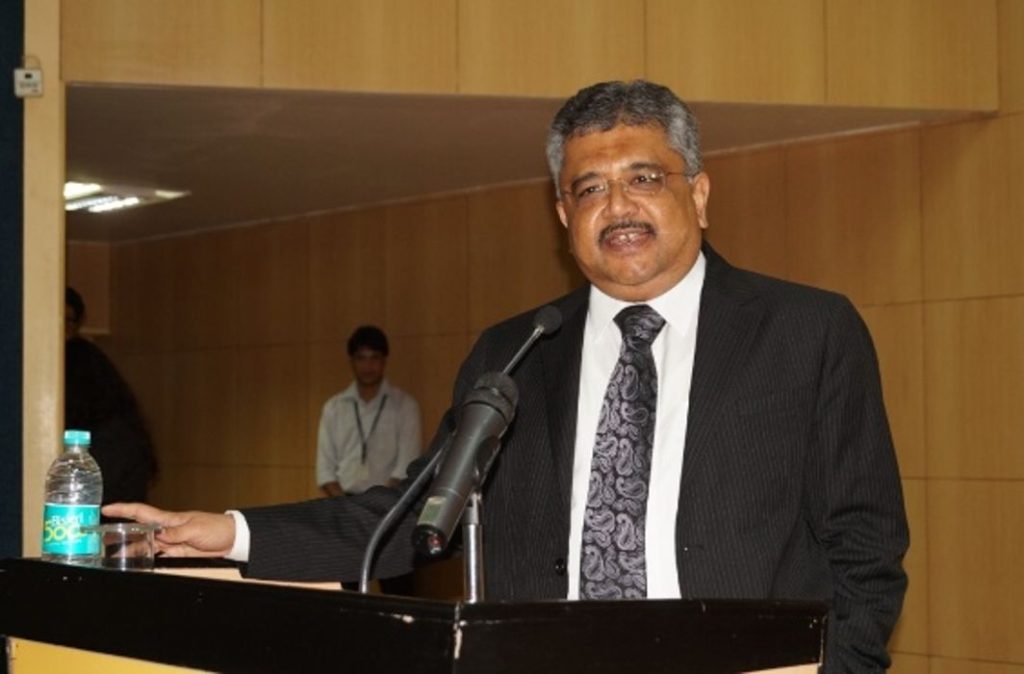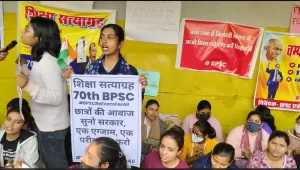Navroz Seervai
In recent days, an unsuspecting spectator of proceedings before the Supreme Court would be both surprised and bemused to see the court turned into a menagerie where a poodle refers to vultures. And to add to the bewilderment, blatantly false statements being made about the vultures, without being pulled up by the court for the same.
But our mythical spectator would also find himself feeling increasingly uneasy at this response from the court, for hasn’t it in days gone by, pronounced in ringing terms that false statements made to the court would not be tolerated, but rather, would be dealt with most sternly? Hasn’t the court also pulled up those who attack, abuse and insult their opponents? And, most importantly, hasn’t the court set its face against the high courts being insulted openly and contemptuously? Yet, inexplicably all this was allowed to pass without comment, let alone censure. Seemingly the poodle had had its day in court, and the vultures seemingly vanquished.
But as we all know, things don’t always turn out as they seem; and the plethora of articles and comment exposing the solicitor general of India for what he is, and scathingly attacking his intolerable conduct in court on May 28 , 2020, must have made even Tushar Mehta pause to reflect on whether his being famous for 15 minutes (to quote Andy Warhol) was worth the candle. That is, of course, presuming that Mehta reflects on anything.
But this article is not intended to add to the multitude of articles on this sordid incident for enough has been said and written on it. Nor is it to call out the complete inaction by the bench – for that has also been addressed.
I believe this incident needs reflection by one and all, because it is an extreme manifestation of a fatal disease that afflicts the legal profession. It is the moral and ethical debasement of the office of law officers, by governments and law officers acting in tandem. It is something that affects the very administration of justice, particularly in the sphere of public law, under our constitution.
It is time to look back to pre-1950, to our constitution and to those legendary titans of the Indian bar, M.C. Setalvad, first attorney general for India, and C.K. Daphtary, the first solicitor general of India.
The position and role of attorney general (AG) and solicitor general (SG) was modeled on the bar in England, and the traditions and conventions that governed those offices. So much so, that originally it was envisaged that the AG would be a member of the cabinet, as in the UK. Legend has it that when this was suggested to Setalvad, he strongly advised against it, saying that the traditions of the English bar, built up over centuries, could not be expected to be transposed into India; and it would be better if the office of AG was kept apolitical. Such was Setalvad’s stature, and moral character, that his advice was accepted.
Articles 76 (1) and (2) of the constitution state:
The President shall appoint a person who is qualified to be a Judge of the Supreme Court to be Attorney-General for India. [Art. 76 (1)]
It shall be the duty of the Attorney-General to give advice to the Government of India upon such legal matters, and to perform such other duties of a legal character, as may from time to time be referred or assigned to him by the president, and to discharge the functions conferred on him by or under this Constitution or any other law for the time being in force. [Art. 76 (2)].
The same philosophy infused the position, functions and role of the advocates general in the states. And, needless to say, though not a constitutional functionary, the SG was to be as apolitical and independent as the AG.
Setalvad was AG from 1950-1963 and Daphtary was SG during this period. In 1963, Daphtary became AG, holding that office till 1968. So in the first two decades of the Supreme Court, these two men, by sheer dint of example and because of their unimpeachable character and high moral stature, set the highest standards of professional ethics and morality for the law officers who were to tread in their footsteps. And in days gone by, there were legendary advocates general as well, men of outstanding integrity and independence. A shining example is the legendary J.M. Thakore, who was advocate general of Gujarat for a record-shattering 37 years. He set the highest standards of independence and integrity. Of him it could truly be said that governments came and went, but he went on for ever. It is one of those ironies of life that the eminence grise of the incident of May 28, 2020, should come from that high court.
The rest, alas, is history. With several notable and noble exceptions, the trajectory has been downwards. And in the recent past, these two offices have been politicised to an extent that boggles the mind. It is no exaggeration to say that some of the law officers have been, and are, mere mouthpieces of the government that has appointed them. It is not far removed from Lloyd George’s witty but devastating statement, at the height of the political crisis in 1909, that the “House of Lords is not the watchdog of the Constitution; it is Mr. Balfour’s poodle.”
No longer do we see an AG or SG telling a chief justice that he agreed with the objections of an intervener, which had alleged that the CJI was disqualified due to his personal interest in hearing a constitutional matter, and should recuse himself, as Daphtary did as AG, when Purushottam Tricumdas told Chief Justice P.B. Gajendragadkar to do so. It was only after the AG concurred that Gajendragadkar recused himself. He left it to others to form the bench. The bench was duly formed; the matter was heard, and was lost by the Government of India, for whom Daphtary appeared. Both my father, H.M. Seervai, and Fali Nariman in his book Before Memory Fades have dealt with this memorable incident in detail.
That was in 1965. And today we have the spectacle of the current SG in the Supreme Court on May 28, outdoing even the most loyal cabinet minister. Well might Setalvad, Daphtary, Thakore and those who followed in their illustrious footsteps, turn in their graves. And today, we in the legal profession mourn the loss of what had been, and how low a point we have reached. From the soaring, majestic eagles of yore, to the poodle of today. Well may we ruefully echo Mark Antony’s anguished cry: “O Judgment! Thou art fled to brutish beasts, and men have lost their reason!”
(Navroz Seervai has been a lawyer for 40 years, and active in the fields of environment and civil liberties.)




